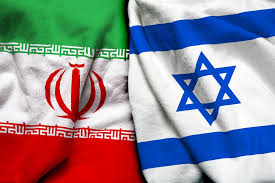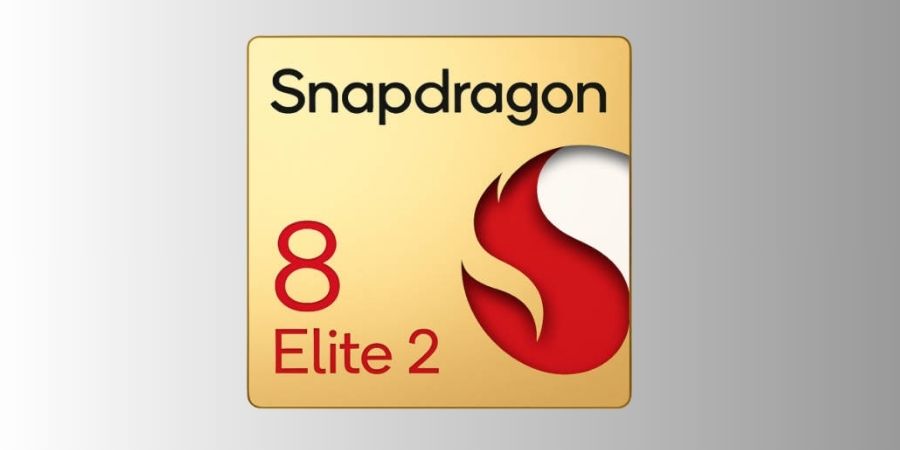
The idea of a clash between Israel and Iran sparks intense interest—and serious concern—around the world. Many wonder: Who will win Israel vs Iran? It’s a complex question with no clear answer, because real-world conflicts are not decided only by numbers or technology. They involve strategy, allies, geography, and timing.
In this article, we’ll look at the military strengths, weaknesses, and possible war scenarios between Israel and Iran. We’ll also explore how each country’s strategies and alliances might influence the outcome. Let’s dive in.
🔍 Military Basics: Size & Budget
Israel’s Military Power
Israel’s armed forces, known as the Israel Defense Forces (IDF), are relatively small—around 170,000 active soldiers and a large reserve. Despite being smaller, Israel invests heavily in advanced technology such as the Iron Dome missile defense system and elite intelligence units. Their defense budget is approximately $25 billion annually.
Iran’s Military Power
Iran has a significantly larger military in terms of manpower, with around 525,000 active soldiers plus over a million in reserve units (including paramilitary). However, Iran’s defense budget is lower—about $20 billion—and much of their military equipment is older or domestically manufactured.
⚙️ Technology & Equipment Comparison
Air Power
- Israel: Boasts a fleet of F-35 stealth fighters and advanced F-16 models. Their air force is trusted with intelligence, surveillance, and precise strikes through satellite coordination.
- Iran: Operates older jets like F-14s (from the 1970s) and newer Chinese fighters. Though their homegrown drone program is growing, their air superiority is weaker compared to Israel’s.
Missile and Drone Warfare
- Israel: Uses Iron Dome to intercept rockets and Arrow missile systems to defend against incoming ballistic missiles. They also possess sophisticated offensive missiles.
- Iran: Relies on ballistic missiles (some with long-range capability) and a large fleet of attack drones. Their missile arsenal can threaten regional bases quickly.
Ground Forces & Special Ops
- Israel: Maintains a compact, professional ground force with airborne and paratrooper units, backed by advanced tanks like the Merkava series.
- Iran: Has large conventional forces and elite ones like the Islamic Revolutionary Guard Corps (IRGC), plus proxy militias operating across the Middle East.
Cyber & Intelligence
- Israel: Known for world-class cybersecurity and codebreaking intelligence agencies like Mossad and Shin Bet, combined with strong electronic warfare tools.
- Iran: Has developed a capable cyber warfare program, often targeting regional rivals and infrastructure, though their cyber abilities lag behind Israel’s.
🌐 Geography and Alliances
Israel’s Geographic Edge
Israel benefits from natural advantages: defensible borders, proximity to major military targets, and dense, developed infrastructure. It also has strong relationships with the United States, along with support from European countries.
Iran’s Reach and Influence
Iran’s strategic position allows it to project power across the Middle East. Through proxies in Lebanon (Hezbollah), Syria, Yemen (Houthis), and Iraq, Iran can strike Israeli or allied targets indirectly and increase regional pressure.
📈 Possible War Scenarios
Scenario 1: Missile Exchange Only
In a missile-only conflict, Iran could launch ballistic missiles targeting Israel’s air bases and strategic sites. Israel would rely on Iron Dome and Arrow systems to intercept. While Israel may reduce missile threats, Iran’s larger arsenal could overwhelm defenses if enough missiles are launched.
Scenario 2: Limited Airstrikes
If Israel opts for early airstrikes on Iran’s missile factories or nuclear facilities, Iran could retaliate through its missile and drone forces. Israel’s F-35 fighters might shut down key sites, but Iran might still manage asymmetric strikes via weaker air defenses.
Scenario 3: Proxy War
Iran could escalate using its proxy groups. Hezbollah, with its rockets, could open a northern front, while Houthis might target maritime shipping. This multi‑front pressure could stretch Israel thin and cause widespread disruption.
Scenario 4: Full-Scale War
A direct invasion is unlikely due to Iran’s size and Israel’s lack of depth. A large ground war could be catastrophic on both sides and risky for Israel without U.S. reinforcements. Most military planners expect any conflict to be limited in scope with air and missile exchanges being the main currencies.
🚨 Risk Factors to Watch
- Nuclear uncertainty: The question of Iran’s nuclear ambitions adds a high-stakes backdrop. If Iran edges closer to a bomb, Israel might feel pressured into preemptive action.
- Regional escalation: A war could drag in the U.S., Saudi Arabia, UAE, or Russia, turning a bilateral conflict into a wider Middle East war.
- Global economy: Any confrontation could disrupt oil supply lines (like the Strait of Hormuz), causing global energy shocks.
🏁 Final Verdict: Who Would Win?
It’s impossible to declare a clear winner. Israel has superior technology, coordination, and alliances. Its military power comparison shows a strong edge in air, cyber, and missile defense. But Iran brings numbers, depth, and regional reach to the battlefield.
A limited strike may favor Israel. But a broader missile and proxy response from Iran could match Israel’s advantages. In a drawn-out war, Israel’s economy and population face much harder pressure.
🧭 Conclusion
So, Who will win Israel vs Iran? The answer isn’t simple. Israel’s military strength and ally support offer significant advantages. Iran compensates with mass, missile ability, and proxies. Most likely outcome: a devastating, limited war, not total victory for either side.
These scenarios are theoretical, but understanding strengths and vulnerabilities of each country matters. Ultimately, both nations—and their allies—will focus on conflict containment to avoid catastrophic war.












